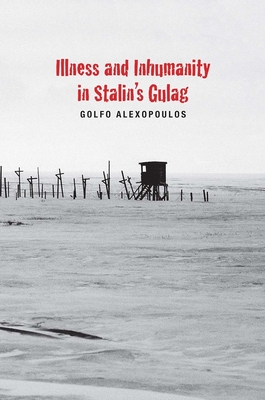Expedite your nonfiction book discovery process with Readara interviews, summaries and recommendations, Broaden your knowledge and gain insights from leading experts and scholars
In-depth, hour-long interviews with notable nonfiction authors, Gain new perspectives and ideas from the writer’s expertise and research, Valuable resource for readers and researchers
Optimize your book discovery process, Four-to eight-page summaries prepared by subject matter experts, Quickly review the book’s central messages and range of content
Books are handpicked covering a wide range of important categories and topics, Selected authors are subject experts, field professionals, or distinguished academics
Our editorial team includes books offering insights, unique views and researched-narratives in categories, Trade shows and book fairs, Book signings and in person author talks,Webinars and online events
Connect with editors and designers,Discover PR & marketing services providers, Source printers and related service providers

Illness and Inhumanity in Stalin's Gulag
History > Russia & the Former Soviet Union
- Yale University Press
- Hardcover
- 9780300179415
- 9.3 X 6.4 X 1 inches
- 1.3 pounds
- History > Russia & the Former Soviet Union
- (Single Author) Asian American
- English
Readara.com
Book Description
In a shocking new study of life and death in Stalin's Gulag, historian Golfo Alexopoulos suggests that Soviet forced labor camps were driven by brutal exploitation and often administered as death camps. The first study to examine the Gulag penal system through the lens of health, medicine, and human exploitation, this extraordinary work draws from previously inaccessible archives to offer a chilling new view of one of the pillars of Stalinist terror.
Author Bio
My current work examines the threads that connect twentieth-century Soviet and twenty-first-century Russian authoritarianism, especially in the dis/information space.
My most recent book, Illness and Inhumanity in Stalin’s Gulag, was published by Yale University Press in 2017. The work examines the system of violent human exploitation in the Stalinist forced labor camps, 1929-1953. It draws upon recently declassified archival materials from the Gulag health department to reveal how prisoners were fundamentally dehumanized and managed as commodities. Mortality was much greater than the official Soviet records indicate, as prisoners were routinely released on the verge of death. The book argues that human exploitation in the Stalinist camps was deliberately destructive and that the regime concealed the Gulag’s destructive capacity.
My first book, Stalin’s Outcasts: Aliens, Citizens, and the Soviet State, 1926-1936 (Cornell, 2003), examines Stalin’s disenfranchisement policy, and the lives and voices of those deprived of rights (lishentsy). At the center of the work is an analysis of over five hundred petitions to Soviet officials for the reinstatement of rights. I discovered these handwritten letters from social outcasts in a closed archive in western Siberia just months after the collapse of the Soviet Union. The book demonstrates how, from Kremlin leaders to marked aliens, many engaged in identifying citizens and non-citizens and challenging the terms of social membership in the Stalinist state.
Research Interests
Russia and the Soviet Union, Stalinism and authoritarianism, medicine/health and society, political violence and human rights, disinformation and security
Source: University of South Florida
Videos
No Videos
Community reviews
No Community reviews

